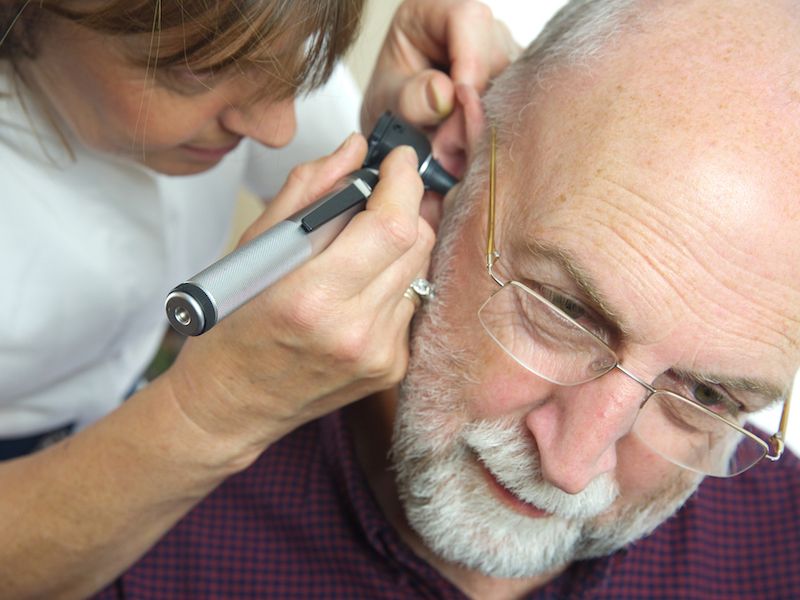
You continue to consult with the eye doctor once a year if you have glasses, right? Because your eyes can change over time. The fact is, nothing in your body is static, not your eyes and not, the reality is, your ears aren’t either. That’s why even once you purchase hearing aids, you need to continue getting your ears examined just like you do with your eyes.
Unfortunately, many people miss those regular checkups. It’s easy to forget to go in to consult with your hearing professional because you’ve been too busy enjoying life. Or it could be that your job has been difficult recently. Or it’s possible you’ve just been so satisfied with your hearing aids that you haven’t had a reason to go back in. That should be a good thing, right?
For many people with hearing damage, even one follow-up appointment becomes almost more important over time. However, lots of people ignore ongoing treatment. According to one survey, only 33% of seniors with hearing aids also used regular hearing services.
Why Do You Need Check Ups Once You Get Hearing Aids?
Your hearing is dynamic. Over time it changes. When these changes occur, you should adjust your hearing aids to compensate. Periodic testing helps monitor any variations in hearing and discover concerns early.
It may be a good idea to get normal checkups for other reasons too. Some of the most common reasons to assure you make it to your next checkup include:
- Calibrating Hearing Aids: While your overall hearing health could continue to be stable, small changes in your hearing may create the need for yearly adjustments of your hearing aid. Without this calibration, your hearing aids could progressively become less and less reliable.
- Deterioration of hearing: Even with a hearing aid, your hearing might keep deteriorating. If this degeneration is happening over a long period of time, you most likely won’t recognize it’s happening without the help of a hearing screening. Appropriate alterations to your hearing aids can often slow hearing declines.
It’s important to get your hearing aids cleaned professionally every once in a while in addition to tracking changes in your hearing. We can clean all the small parts and keep your hearing in top notch conditions and as well as making sure it’s functioning at peak performance.
The Risk of Not Following up With Regular Check-Ups
The ultimate worry, here, is that over time, the hearing aids will stop functioning the way they’re intended to, so you’ll become aggravated with them and stop wearing them altogether. Wearing hearing aids helps you hear better, without a doubt, but it also impacts your general health. If you discontinue wearing your hearing aids, not only can your hearing deteriorate faster, you might not notice it immediately. Increased chance of hearing problems, along with mental decline, have been related to loss of hearing.
In terms of having your hearing aids performing at an ideal level, frequent examinations are your best choice. So that you can make certain your hearing aids are working properly be you need to have annual hearing examinations. So now is the time to make your hearing appointment.
